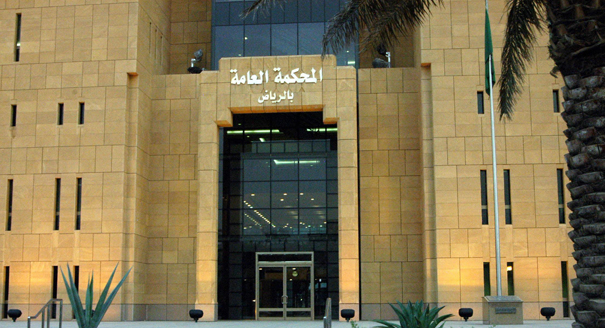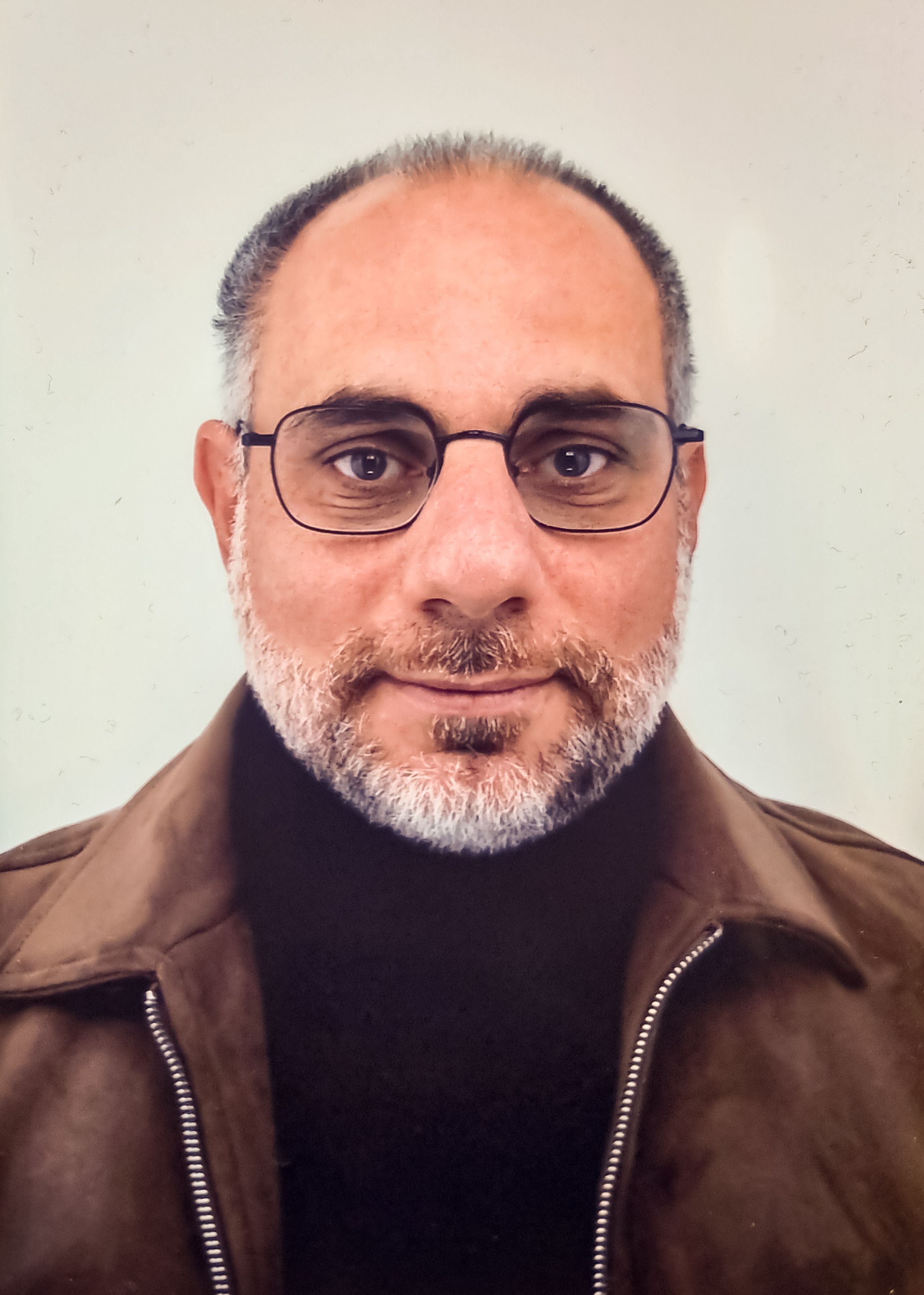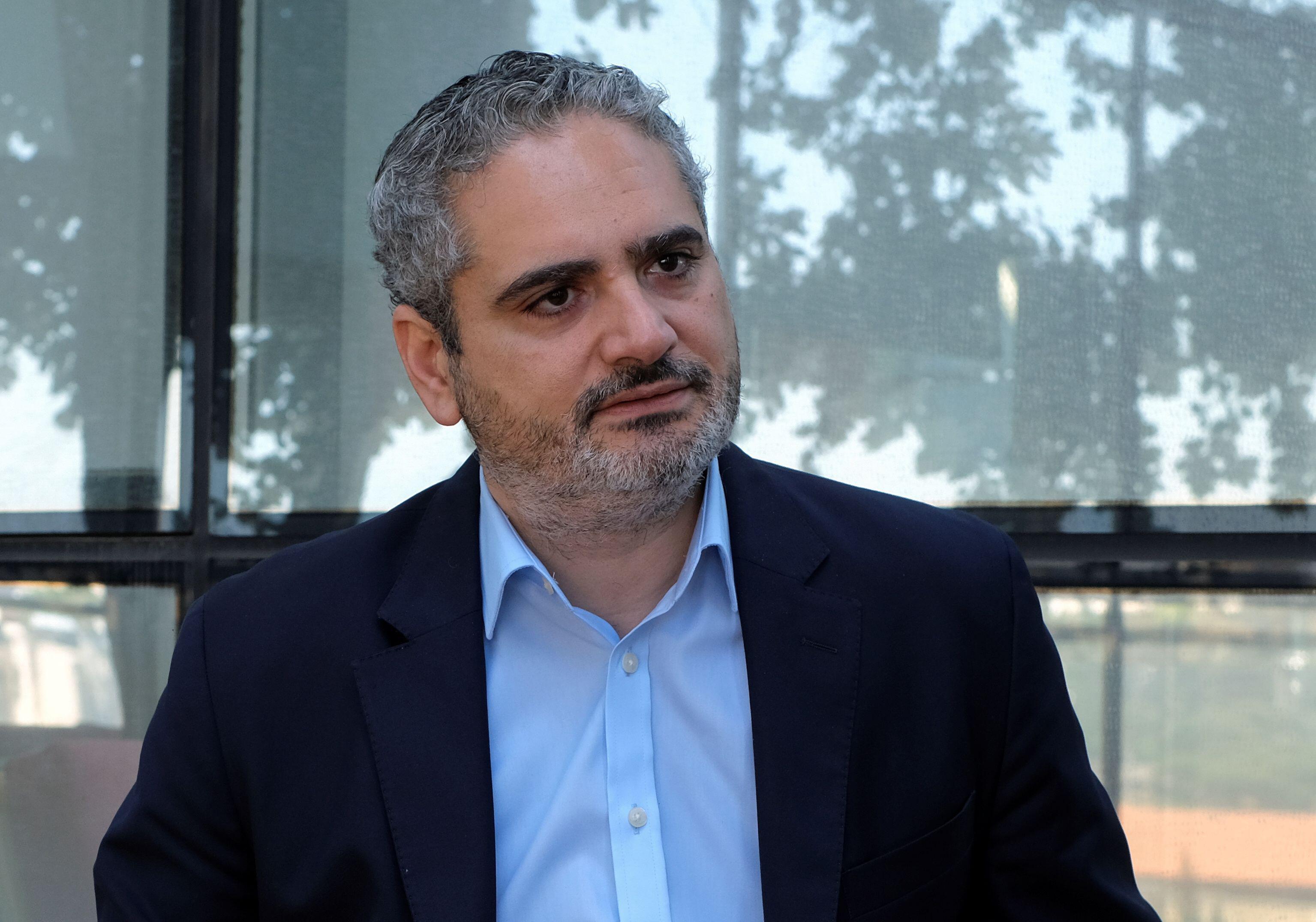The GCC states’ use of Artificial Intelligence will generate much leverage over the global digital infrastructure and climate talks.
Camille Ammoun
{
"authors": [
"Abdullah Alaoudh",
"Nathan J. Brown"
],
"type": "commentary",
"blog": "Diwan",
"centerAffiliationAll": "dc",
"centers": [
"Carnegie Endowment for International Peace",
"Malcolm H. Kerr Carnegie Middle East Center"
],
"collections": [],
"englishNewsletterAll": "menaTransitions",
"nonEnglishNewsletterAll": "",
"primaryCenter": "Malcolm H. Kerr Carnegie Middle East Center",
"programAffiliation": "MEP",
"programs": [
"Middle East"
],
"projects": [],
"regions": [
"Middle East",
"Saudi Arabia",
"Gulf"
],
"topics": [
"Political Reform"
]
}
Source: Getty
The Saudi regime is reshaping the country’s legal sector in profound ways.
Given the number of startling changes that Saudis have seen recently, few noticed the seemingly technical measure currently being considered by the country’s Consultative Assembly, or Majlis al-Shura. It allows law school graduates to enter the country’s judiciary, which since the country’s establishment has been monopolized by those trained in shari‘a, or Islamic law. Yet such a move would have far-reaching implications and forms part of a wider set of moves to chip away at the collection of traditions and practices that for a long time made Saudi Arabia’s judiciary relatively independent.
In other Arab countries, judicial activists focus on formal rather than informal guarantees of independence. These include the abolition of special courts, an end to states of emergency and extralegal measures, and strong judicial councils that are free from executive interference, can control staffing, appointments, and promotion in the judicial sector, and that can enjoy full budgetary and administrative authority.
Only some of these formal attributes have been at issue in Saudi Arabia (which has no state of emergency, for instance). For decades, Saudi judges have, instead, relied on informal mechanisms that have given them autonomy and influence. But now those mechanisms may be disappearing. Substantial changes in recent years, like the more extensive ones now under consideration, could bring the informal set of mechanisms to an end.
Informal, historical mechanisms have been effective in making Saudi courts strong. Independence was largely a product of traditional learning methods (such as learning circles) and training that allowed for independent legal reasoning and judicial discretion. Similar training and background combined to give judges a strong sense of corporate identity. Saudi rulers tended to show them considerable deference and to tiptoe around them.
To be sure, the tools were not completely informal. The judicial system did have a written legal basis. In 1926, King ‘Abd al-‘Aziz Al Saud issued an order that made the Hanbali school (one of the dominant Sunni approaches) the official tradition to be applied in Saudi courts. Jurists trained in this school are often dubbed “Wahhabi,” though generally not by its own adherents who describe themselves more generally as Sunni and Hanbali. While they study the legal opinions of Mohammed Ibn ‘Abd al-Wahab, they devote just as much attention to their broader Hanbali forbearers. Hanbalis, and many Islamic jurists trained in classical doctrines generally, tend to resist comprehensive institutionalization. That’s because jurists have traditionally suspected that this would pave the way for state (or other external) control over jurisprudence and religion.
Yet over the years the Saudi state has stepped up formalization in ways that gradually diminished the role of the judiciary. More recently, the pace has increased through the use of three tools. The first has been the reliance on royal and government decrees regarding substantive legal questions—written legislation that leaves decreasing room for the traditional independent reasoning known as ijtihad exercised by judges. The trickle of decrees has recently become a steady stream; judges worry it will soon become a flood.
A second tool has been the formation of specialized courts and quasi-judicial bodies based entirely on state edicts and official procedural guidelines that have gradually eaten away at the jurisdiction of general courts. This set of structures has become so extensive that one judge in the general courts has described it as a “shadow judiciary.” Judges have noted the shift of taxation and insurance matters to quasi-judicial committees. These committees now have the final say over their area of specialization and issue opinions that can no longer be appealed before the general courts. For judges in the general courts, such a change means that the shadow judiciary has fully emerged into the daylight.
A third tool is greater executive oversight of the judicial sector. In 2012, the then-justice minister Muhammad Al ‘Isa became the first person to sit in the highest judicial position as acting president of the Supreme Judicial Council without forgoing his ministerial post. While the minister and his loyalists saw this as necessary for the expeditious implementation of legal and judicial reforms, some judges resented the conflict of interest inherent in ‘Isa’s dual charges. They objected also to the way he used his strong authority to micromanage judicial affairs and found his behavior to be high-handed.
Two additional tools appear to be on the drawing board. The first involves education and training that would increase state monitoring of and control over the education system that trains and produces judges. The introduction of law school graduates into the regular judiciary, as the Majlis al-Shura is discussing, is an important step in this direction. While such graduates would still have to complete a two-year program in shari‘a, the move would not simply dilute the shari‘a-based training of the judges, but would also reinforce an existing effort to widen the circle of recruitment for judges.
A second rumored step would be the combination of the various judicial and quasi-judicial systems into a unified institution. These two steps, if taken, would radically curtail the authority and autonomy of traditional general courts. This would indeed transform the “shadow judiciary” into the regular judiciary, as has happened previously in most Arab states, where shari‘a courts long ago stopped being courts of general jurisdiction for non-personal status cases.
Saudi judges have tried to use their informal sense of community to resist. In 2013, more than 200 of them signed a petition clearly aimed at ‘Isa, which criticized “delayed legal reform.” The petitioners pointed to “continuous promises of the administration [of the Ministry of Justice] and the show of press releases at the expense of responsible actions and reforms.” To them, the ministry “recently sought by all means an overwhelming crackdown and suppression of the real and patriotic voices.” The petition also described a “dominant resentment among judges” and “unprecedented anger” in the judicial sector. It then called for change that guaranteed the independence of the judiciary and “the respect of judges.” Lastly, the petition condemned the harassment by the executive of judges and the circumstances behind a series of resignations of young, vocal judges.
‘Isa struck back. First, his loyalists organized a counter-petition that gathered even more signatories. Second, the signatories to the first petition were subjected to retaliation. Some were referred for investigation. Others were pressured until they resigned. The remainder lowered their heads rather than risk the same fate.
And that pattern of public silence has continued. Less than three months ago, the kingdom’s state security launched an unprecedented assault on the judiciary by arresting some judges from specialized (anti-terrorism) courts. No charges were filed and the state did not explain or even announce the circumstances behind the move. Placing judges in extrajudicial detention attracted very little public comment. But the arrests were noticed: last month, one judge told the authors that judges have grown more suspicious of recent promises for legal reform, more worried about their immunity as judges, and more frightened following the unprecedented intervention of the executive into judicial affairs.
Largely because of its past reliance on a corporate spirit and informal tools, the Saudi judiciary has few formal means to resist such institutional challenges. No equivalent exists of Egypt’s Judges Club, or any other means to act collectively. The Saudi judges are now losing even the informal tools they once possessed to shield against control and arbitrariness.
The arrests in November of leading Saudi princes and businessmen, after two rounds of arrests of scholars and judges, have been touted as a sign that leading Al Saud members are no longer outside the “law.” Perhaps, but those arrests were not a step toward the rule of law in any liberal sense. Instead, they were a sign that Saudi Arabia’s top leadership is learning how to use legal tools to meet its policy objectives and consolidate its position. And the reality is that it is adding judges, now being asked to act as civil servants, as weapons in its arsenal.
Carnegie does not take institutional positions on public policy issues; the views represented herein are those of the author(s) and do not necessarily reflect the views of Carnegie, its staff, or its trustees.
The GCC states’ use of Artificial Intelligence will generate much leverage over the global digital infrastructure and climate talks.

Camille Ammoun
In an interview, Shahla al-Kli discusses the country’s parliamentary elections and what they reveal.
Rayyan Al-Shawaf
In an interview, Ibrahim Jalal discusses the Southern Transitional Council’s recent takeover of Hadhramawt and Mahra.

Michael Young
Ankara may seek to annul a maritime deal with Cyprus and expand its influence in the next parliament.

Mohanad Hage Ali
Recent election results have placed Nouri al-Maliki in a strong position to name the next prime minister.
Wladimir van Wilgenburg